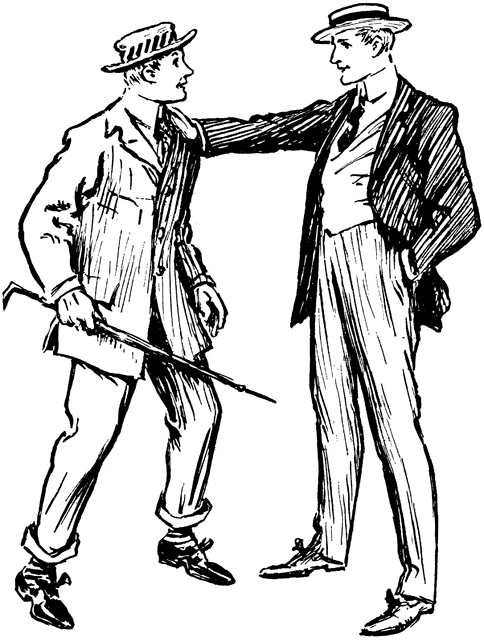Are People Skills The Key to Safer Living?

Tim--a detective from the gang investigation unit in Newport News, VA--stated clearly that he has seen tragedy unfold unnecessarily, simply because people walked toward anger and aggression rather than moving away from it. Not only that, he regularly uses simple, natural de-escalation techniques to avoid having to use force in potentially explosive situations.
I have observed this in my daily life many times, and agree wholeheartedly. If I am looking for trouble, I will find it. Conversely, if I am trying to avoid trouble, I can avoid it (mostly).
The process is multi-layered, but here are some key points.
**If anger and aggression is fueling an argument, it might be best to simply apologize (yep!) and walk away.
**Meeting the world with a chip on my shoulder will inevitably lead to conflict. I must absorb or ignore the "small stuff."
**Learning to validate and create a connection in times of stress can lead to a "we" condition, rather than an "us v/s them" situation.
**Validating a person with a legitimate (or perceived) 'gripe', can often take the momentum out of an escalating situation. Example: If an angry motorist at a stoplight starts screaming at me, I might say: "It sounds like you have a good point there. I'm sorry. I meant no disrespect. I will be more careful." It is worth a try, wouldn't you say?
Ask yourself this question:
Is it more important to avoid a confrontation with a stranger, or to be 'right'?
Know this; Next to physical survival (food, shelter, security), our emotional survival (respect, acknowledgement) is our primary social motivator. By simply showing respect and treating others as equals, we can often move smoothly through situations that could otherwise turn out badly. There are situations that are unavoidable, and violence can be thrust upon us to be sure, but aside from being targeted for a crime, it is our job to use our words and body language to avoid confrontations...not encourage them.
It is simple to apologize rather than argue, but sometimes it is not easy. It is sometimes necessary, though. Do learn to recognize predatory behavior. Know what assault precursors look like so you can defend yourself if necessary (Moving between you and an exit. Standing too close for your comfort. Asking "Can you tell me the time?" as they approach. Can you see their hands? Are you isolated? Have you seen this person earlier?) But largely, you can avoid confrontation by walking softly. Make it your first line of defense!
Logan Doughty

















